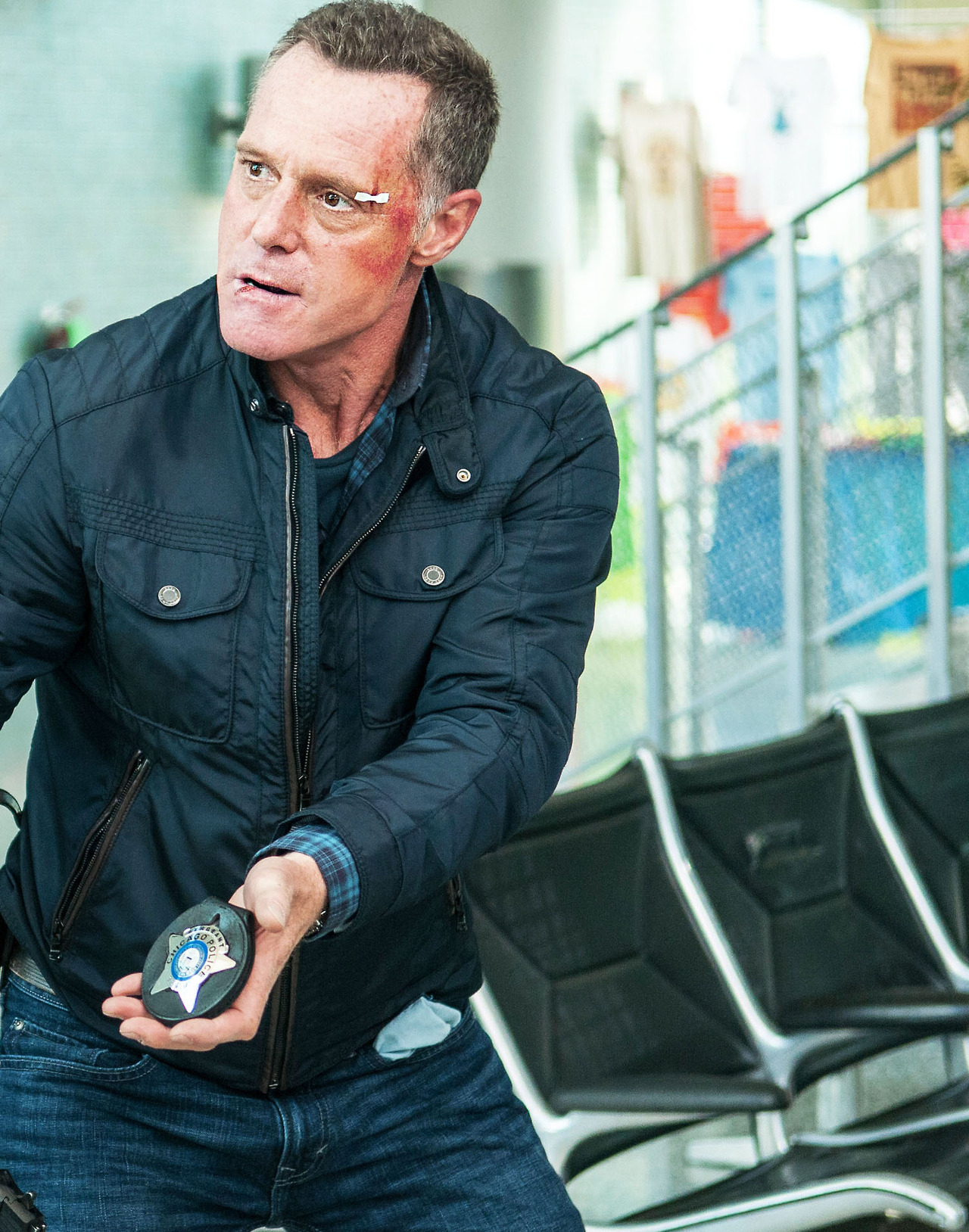Hank Voight is a name that resonates deeply with fans of crime drama. As a central character in the hit television series Chicago PD, he embodies the complexities of law enforcement, morality, and personal sacrifice. This article delves into Hank Voight's character, his background, and the impact he has had on the series and its viewers.
Voight, portrayed by the talented Jason Beghe, is not just a character; he represents the struggles faced by police officers in today’s society. With his tough exterior and often morally ambiguous decisions, Voight challenges viewers to consider the fine line between right and wrong. This exploration will cover his character development, relationships, and the themes that make Hank Voight an unforgettable figure in modern television.
Throughout this article, we will also examine the socio-political context in which Hank Voight operates, the implications of his actions, and how he reflects broader societal issues. By the end of this exploration, readers will have a comprehensive understanding of Hank Voight’s significance in Chicago PD and the larger narrative of crime drama on television.
Read also:Viper Rapper The Rise Of A Controversial Hiphop Icon
Table of Contents
- Biography of Hank Voight
- Character Development
- Personal Life and Relationships
- Moral Complexity of Hank Voight
- Impact on Viewers
- Socio-Political Context of Voight's Actions
- Statistics and References
- Conclusion
Biography of Hank Voight
Hank Voight is a fictional character from the NBC television series Chicago PD, played by actor Jason Beghe. Introduced in 2014, Voight is the sergeant of the Intelligence Unit of the Chicago Police Department. As a character, Voight is known for his aggressive tactics and willingness to bend the rules to achieve justice.
| Name | Hank Voight |
|---|---|
| Portrayed by | Jason Beghe |
| Series Debut | Chicago PD (2014) |
| Occupation | Police Sergeant |
| Unit | Intelligence Unit, Chicago PD |
Character Development
Hank Voight's character is marked by a significant evolution throughout the series. Initially introduced as a hard-nosed cop with questionable methods, Voight's character gradually reveals deeper layers as the series progresses. His relationships with his team members, especially with Detective Jay Halstead and Officer Kim Burgess, showcase his protective instincts and mentorship qualities.
Key Milestones in Voight's Character Arc
- Initial portrayal as a ruthless cop willing to break the law.
- Development of a more nuanced relationship with his team.
- Struggles with personal demons and past mistakes.
- Attempts at redemption and promoting justice.
Personal Life and Relationships
Hank Voight's personal life is often shrouded in complexity and turmoil. His strained relationships with family members and romantic interests add depth to his character. The tension between his professional obligations and personal life often leads to difficult choices and moral dilemmas.
Notable Relationships
- Detective Jay Halstead - Voight acts as a mentor and father figure.
- Officer Kim Burgess - Voight's protective nature shines through in his guidance.
- His estranged family - Reflects the personal sacrifices made for his career.
Moral Complexity of Hank Voight
One of the most compelling aspects of Hank Voight's character is his moral complexity. Voight often operates in a gray area, where his actions can be seen as both heroic and unethical. This duality raises important questions about justice, accountability, and the lengths to which one should go to protect others.
Exploring Voight's Ethical Dilemmas
- His willingness to use violence to extract information.
- Relationships with criminals and the blurred lines of justice.
- Impact of his decisions on the lives of others.
Impact on Viewers
The character of Hank Voight has generated significant discussion among viewers. His controversial methods and moral ambiguity challenge audiences to confront their own beliefs about law enforcement and justice. This has led to a dedicated fan base that engages in discussions about morality, ethics, and the portrayal of police in media.
Viewer Reception and Discussions
- Online forums and fan groups dedicated to analyzing Voight's character.
- Debates about the ethical implications of his actions.
- Impact on public perception of law enforcement.
Socio-Political Context of Voight's Actions
Hank Voight's character exists within a broader socio-political context that reflects real-world issues facing law enforcement today. The series often addresses topics such as police brutality, corruption, and the struggle for justice, making Voight’s actions both timely and relevant.
Read also:Discover The Unrevealed Net Worth Of Brenda On Dr Pol
Real-World Parallels
- Representation of police challenges in urban settings.
- Discussion of systemic issues within law enforcement.
- Reflection of societal debates on crime and punishment.
Statistics and References
To support the discussion surrounding Hank Voight’s character, it is essential to reference reliable statistics and studies that examine the portrayal of police in media. Various studies have shown the impact of crime dramas on public perceptions of law enforcement and justice.
- According to a 2020 study by the Pew Research Center, 61% of Americans believe that television shows significantly influence public perceptions of police.
- The portrayal of police in media can perpetuate stereotypes and impact real-life interactions with law enforcement.
Conclusion
Hank Voight is a multifaceted character that serves as a powerful representation of the complexities of modern law enforcement. His journey through Chicago PD offers insights into the ethical dilemmas faced by police officers and the broader societal issues surrounding crime and justice. As viewers, we are invited to reflect on our values and beliefs about morality and justice through his story.
We encourage you to share your thoughts about Hank Voight and Chicago PD in the comments below. If you enjoyed this article, please consider sharing it with friends or exploring other articles on our site for more engaging content.
As we continue to explore the world of crime drama and its impact on society, we invite you to return for further discussions and analyses. Thank you for reading!
Article Recommendations


